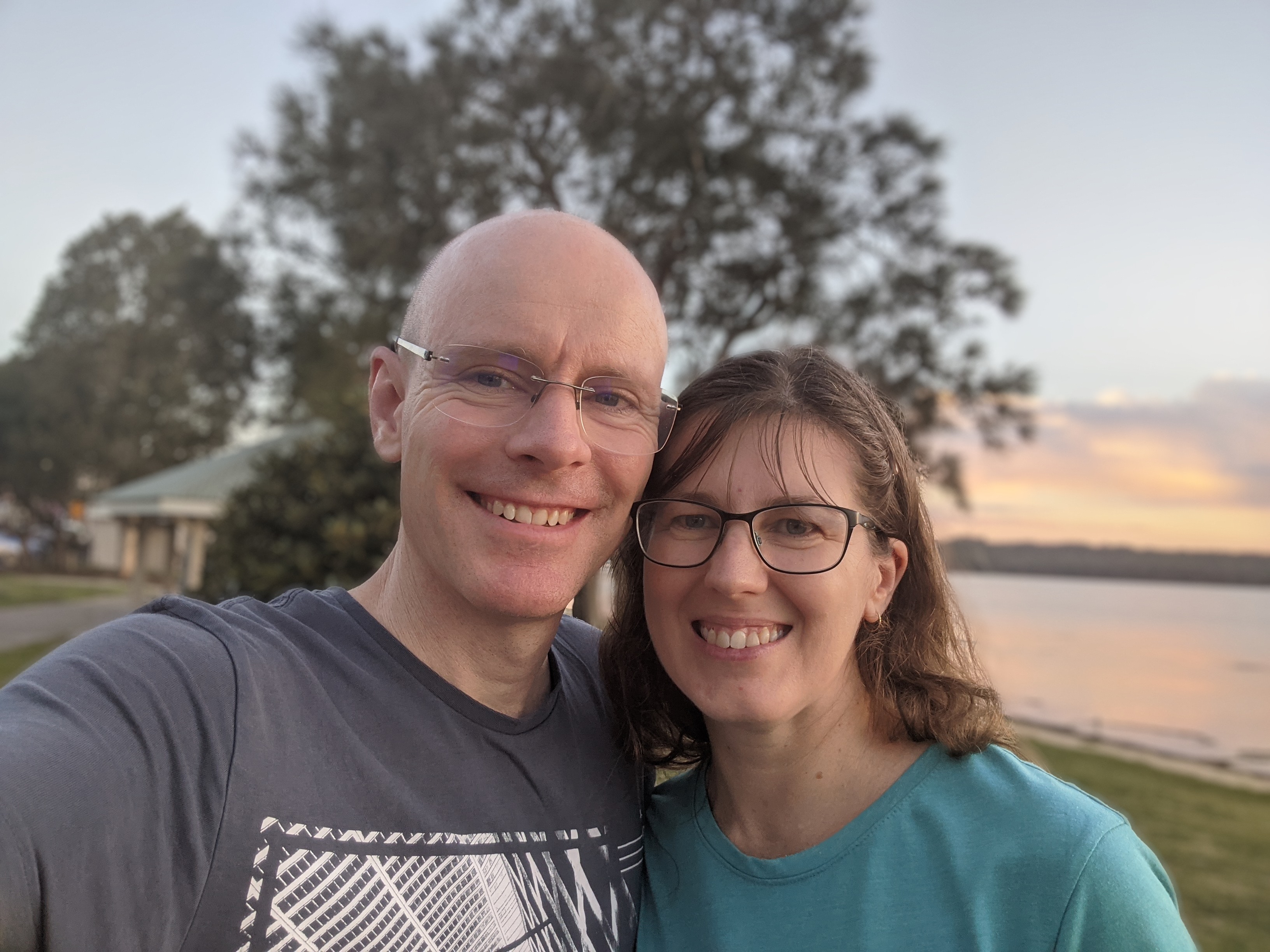How is your prayer life going? Many of us feel this part of our faith lives could improve for a variety of reasons, but the Rev Stephen Shead says not all of these reasons are good.
“Sometimes we feel like we have to impress God,” says the senior minister of Fairfield with Bossley Park and author of Growing in Prayer. “Bad reasons are that I’m not good enough for God. But we know that the Christian life is about knowing God and growing to know him better. So often we think, ‘I want my prayer life to be better because it should be better’. We’re not making the most of this amazing privilege we have in enjoying our closeness to God.”
When we feel our prayer lives need improvement, how do we assess this? When we try to improve our prayer lives by aiming for certain quotas – praying for longer periods of time, or for a more detailed list of prayer points – we might be missing the point all together.
How our adoption affects our prayers
There are no hard and fast rules for assessing our prayer lives, according to Mr Shead. He proposes a shift in thinking from the “what” and “how” of prayer to the “who”. Reflecting on our adoption into the family of God means that Christian prayer is about approaching God as Father.
“How can I tell if I’m spending enough time with my parents? Or if I’m talking to my parents enough?” Mr Shead asks. “There’s no formula or answer. It depends on all kinds of things.”

He adds that there are two kinds of prayer, and both are important. “There’s sitting down [for] set time with God, and then there’s constant life. All through life, I live in the presence of my Father, and talk to him and ask for help with things.”
Analysing the length of our quiet times could lead us to put prayer in a framework that places unbiblical expectations on what it should look like. Instead, Mr Shead encourages us to consider the concept of depending on God and delighting in God as we approach prayer – a concept he personally finds refreshing.
“If prayer is about expressing dependence and delight [in] my relationship with God, then the question is: am I doing that? Am I living my life depending on God and delighting in God? That can come out through the day and in the dedicated time. I want to think about how my relationship with God – depending on him and delighting in him – is going.”
“I think the way to grow in prayer most of all is to keep understanding the gospel and knowing God more deeply.”
Habits are still helpful
Rethinking our prayer lives doesn’t mean there is no place for pursuing habits that help us regularly depend on and delight in the Lord. Remembering what prayer is helps us to develop a yearning to spend more time in it.
“Prayer is the most direct way in which we experience the relationship with God that we have through Jesus by the Spirit,” Mr Shead says. “Prayer is the most intimate and direct way we enjoy and experience and live out that relationship. Growing to understand the gospel and implications of the gospel will give you, by God’s help, that inner motivation to live prayerfully.”
There’s a place for setting time aside, but it’s not simply a matter of setting your alarm earlier to wake up and pray.
“I think the way to grow in prayer most of all is to keep understanding the gospel and knowing God more deeply,” he says. “The more you’re blown away by God’s love for you, by the amazing privilege of being his child in Christ, and this amazing privilege of having direct access to the throne of the Almighty… the more deeply you understand that, the more the spirit will produce in you this yearning and longing and desire to enjoy the intimacy of the heavenly Father.
“That’s more important than how-tos. Tips are good – we are human, we need to give ourselves to systems and routines – but actually the way to grow in prayer is to grow in your love for God as you understand the gospel more deeply.”






















